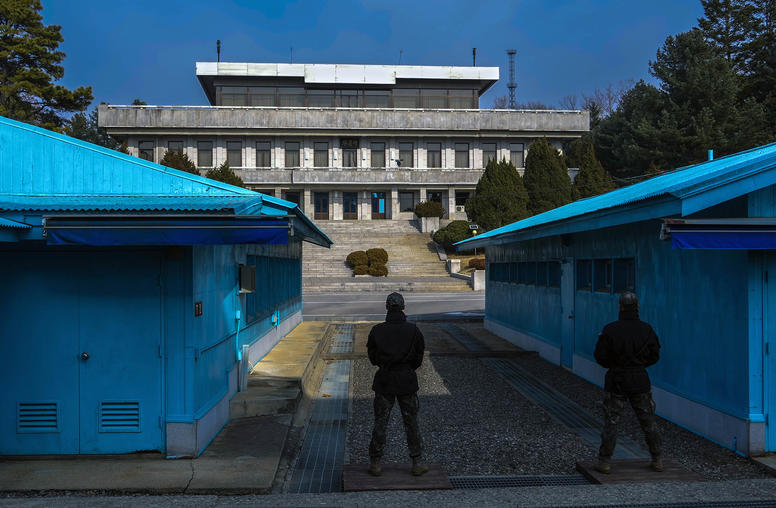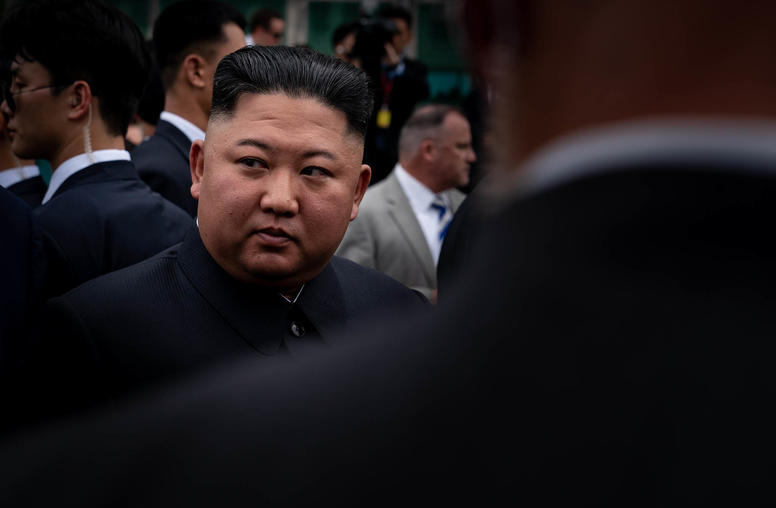Frank Aum
Contact
Please submit all media inquiries to interviews@usip.org or call 202.429.3869.
For all other inquiries, please call 202.457.1700
Frank Aum is the senior expert on Northeast Asia at the U.S. Institute of Peace. He oversees the Institute’s work on Northeast Asia and focuses on ways to strengthen diplomacy to reduce tensions and enhance peace and stability on the Korean Peninsula. From 2010 to 2017, he worked at the Department of Defense, including as special counsel to the Army General Counsel, special assistant to the assistant secretary of defense for Asian and Pacific Security Affairs, and senior advisor on North Korea in the Office of the Secretary of Defense. During this time, he advised four secretaries of defense on issues related to Northeast Asia and the Korean Peninsula. Aum also served as head of delegation for working level negotiations with the Republic of Korea on U.S.-ROK Alliance matters, and received the Secretary of Defense Medal for Outstanding Public Service.
Aum previously worked as a corporate attorney, and also has extensive experience in the public and non-profit sectors. He completed a Fulbright Scholarship in Jeju Island, South Korea and worked as a speechwriter in the South Korean Ministry of Foreign Affairs and Trade. In addition, he worked to strengthen the Koreatown community in Los Angeles at the city’s Department of Neighborhood Empowerment and the Korean American Coalition (KAC).
Aum received his bachelor's from Dartmouth College, his master's from Harvard University's Kennedy School of Government, and his Juris Doctorate from the University of California, Berkeley.



